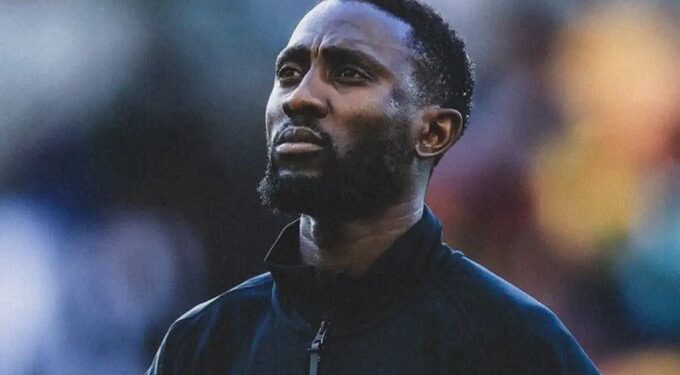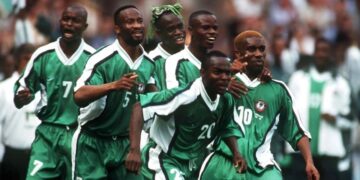When the draw for the CAF World Cup playoff was made earlier this month, few would have expected Nigeria, ranked 41st in the world and fifth in Africa, to be paired against Gabon, who currently sit 77th globally and 15th on the continent.
Yet, as the Super Eagles prepare for another test on the road to the 2026 FIFA World Cup, the statistics, current form, and individual player profiles paint a picture of a side with measurable superiority in almost every key department.
Under the guidance of Eric Chelle, Nigeria have begun to rebuild confidence and consistency. Their recent run in the qualifying phase, a 4-0 home win over Benin and a hard-fought 2-1 victory away to Lesotho in October 2025, demonstrated the structure and attacking sharpness that had been missing during the earlier stages of the campaign.
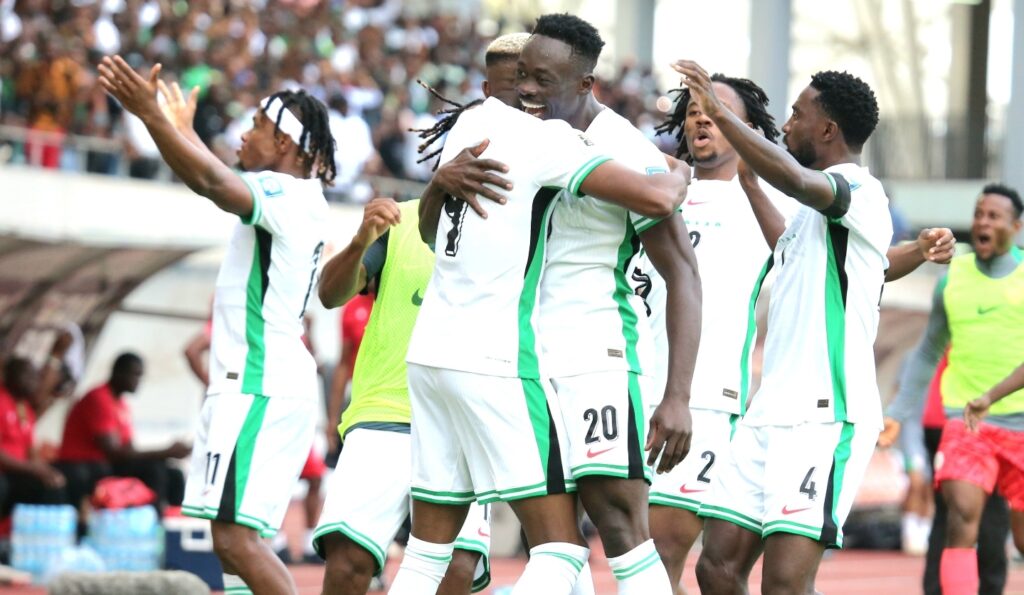
These results pushed the Super Eagles’ unbeaten run in the qualifiers further, while restoring belief among those who had begun to question the team’s identity after a challenging 2024.
By contrast, Gabon’s form under Thierry Mouyouma remains mixed. The Panthers recorded their most recent victories over Burundi (2-0) and Gambia (4-3), but were held to a goalless draw by Ivory Coast. These are a sign of a team that can score but often struggles to maintain control when pressed.
While Gabon’s resurgence owes much to the work rate of the likes of Denis Bouanga and the influence of Pierre-Emerick Aubameyang, their defensive frailties have been exposed in moments that Nigeria’s quick attackers are well suited to exploit.
Here, Footynaija.com takes you through four key advantages Nigeria has over Gabon ahead of the World Cup qualifiers.
1. Better attacking players and more options
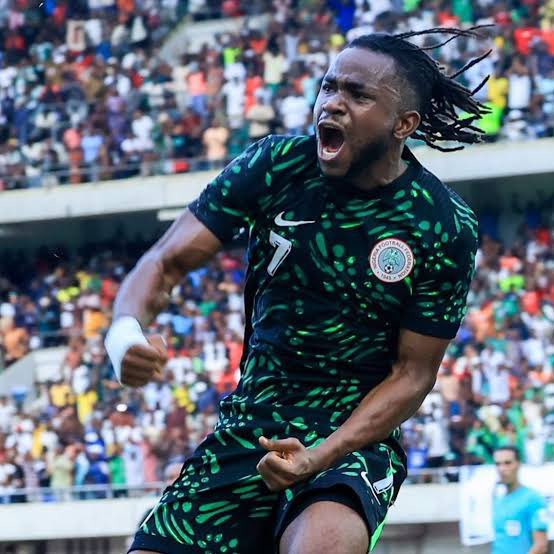
Nigeria’s greatest strength heading into the playoff lies in their offensive depth. The Super Eagles boast a forward line led by red-hot Victor Osimhen, whose form for Galatasaray has been nothing short of exceptional. The striker has continued to find the net regularly in the Turkish Super Lig, and recently the Champions League. He remains one of Africa’s most efficient finishers in Europe.
Alongside him, Ademola Lookman has grown into a decisive figure for Atalanta, often operating between the lines with precision and creativity. Supplemented by Moses Simon, Samuel Chukwueze, Tolu Arokodare, and the emerging Akor Adams, Chelle’s attacking options provide flexibility that few African teams can match.
2. Good form and momentum
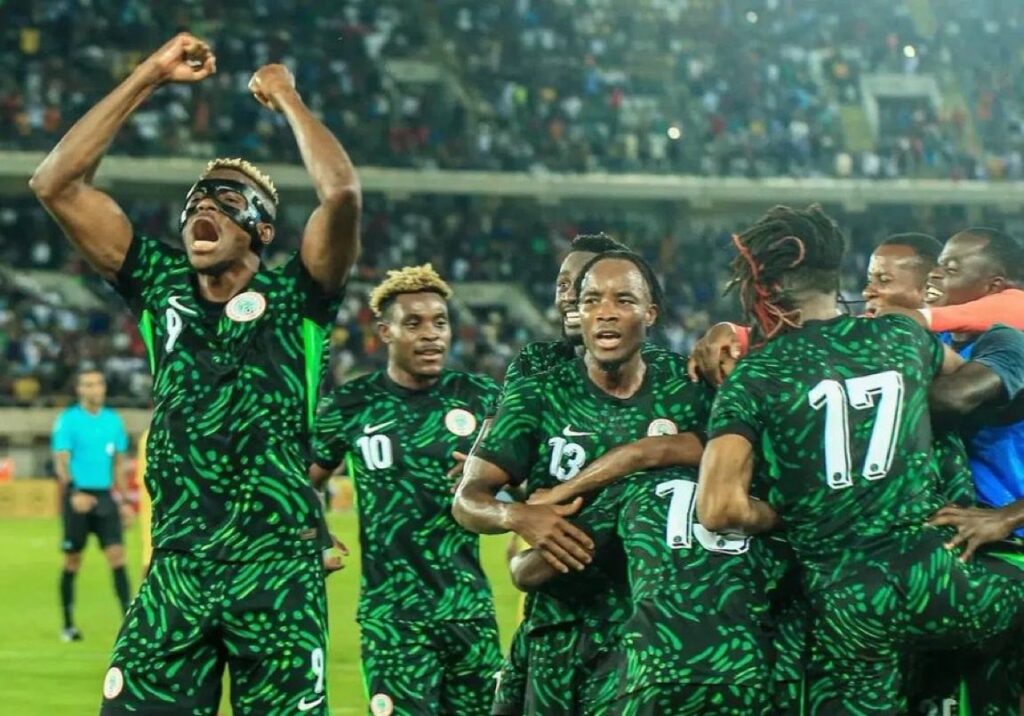
In international football, rhythm and confidence often decide tight fixtures. Nigeria’s back-to-back victories in October were more than just good results; they reflected a tactical cohesion that Chelle has steadily introduced. Against Benin, the Super Eagles not only scored four goals but also limited their opponents to a single shot on target.
The earlier win in Lesotho, secured through disciplined pressing and late control, showed that the team can adapt to different match demands. Gabon’s recent outings, by comparison, have been more erratic, alternating between high-scoring wins and nervy defensive phases. The Panthers’ 4-3 win over Gambia, in particular, exposed weaknesses in their defensive organisation, particularly in set-piece situations, where Nigeria have recently excelled.
3. Individual quality and experience
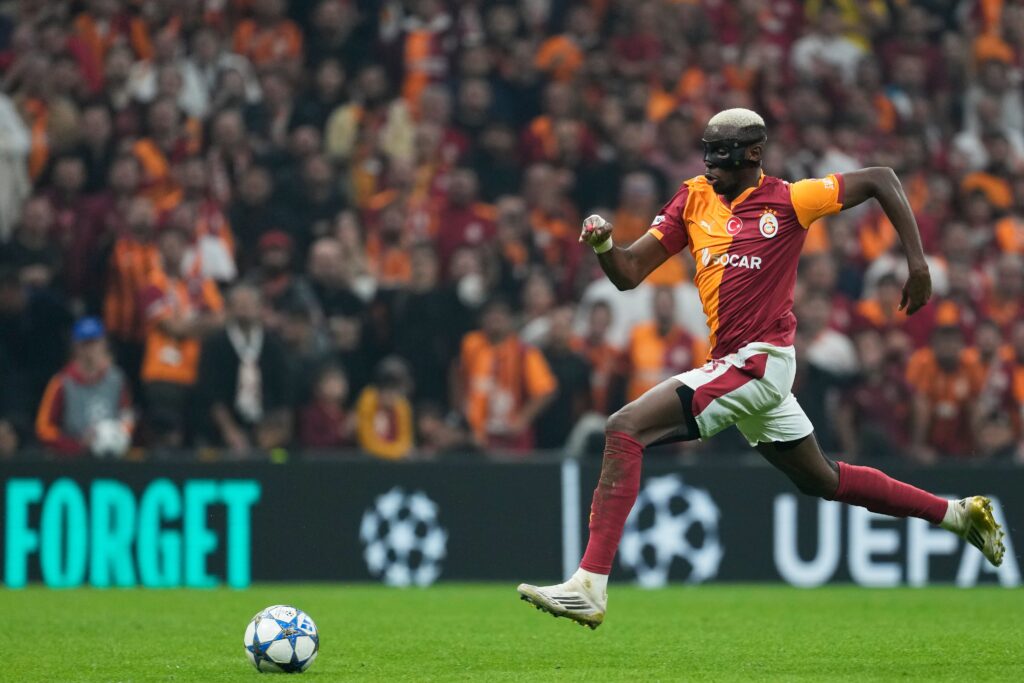
A glance across Nigeria’s lineup reveals players competing at the highest levels of club football. Apart from Osimhen and Lookman, the Super Eagles have Alex Iwobi and Wilfred Ndidi offering midfield balance and tactical intelligence, while William Troost-Ekong and Zaidu Sanusi’s return from injury has added stability to the back line.
These players bring not just ability but also experience from continental and European competitions. In contrast, Gabon’s squad, though spirited, features fewer players active in top-tier European leagues. Experience in high-intensity matches, especially in knockout environments, often makes a critical difference.
As observed in Nigeria’s last World Cup qualification campaigns, leadership from experienced players like Osimhen has consistently steadied the team during decisive fixtures.
4. Better tactics and clearer coaching
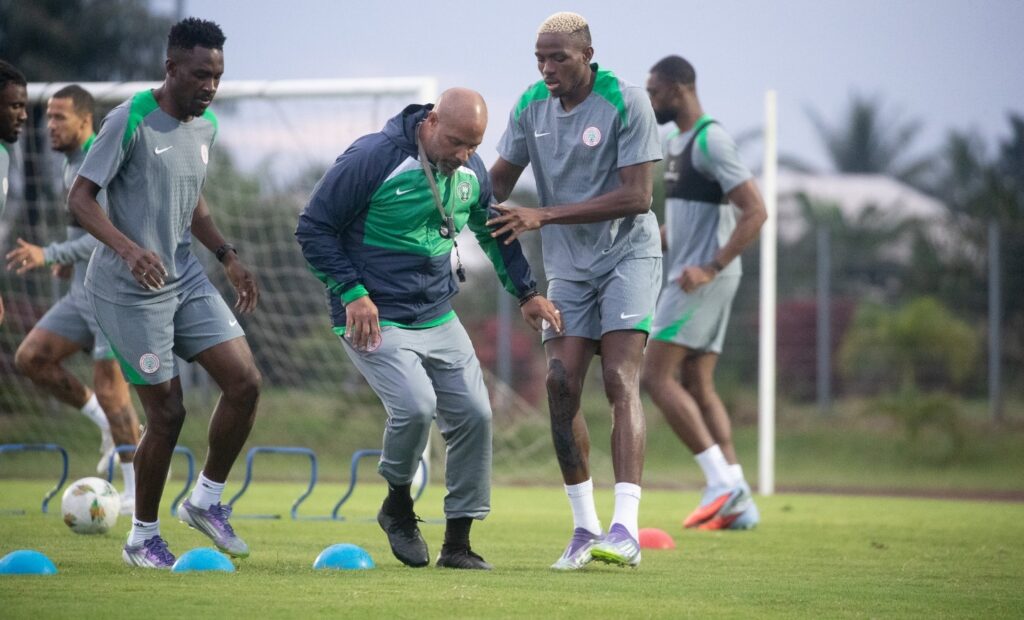
Eric Chelle’s tenure has emphasised organisation, pressing, and positional flexibility. The coach has spoken about his preference for a “high-intensity and expansive” model that utilises Nigeria’s athleticism and technical range.
This system has been particularly effective in stretching opponents who rely on compact mid-blocks, as was evident in the 4-0 demolition of Benin. Chelle’s side now averages more shots per match and higher possession control compared to their early qualifiers.
Gabon, on the other hand, have displayed moments of flair but often falter under sustained pressure. Their defensive transitions, when exposed by quick switches or overlapping fullbacks, present a tactical opening that Nigeria’s wide players are capable of exploiting.
Beyond the statistical advantages, Nigeria’s psychological state heading into the playoff cannot be understated. The renewed sense of unity under Chelle, the presence of a prolific striker in Osimhen, and the re-emergence of key players from injury collectively provide a platform that could determine the tie.
If form and data are any indicators, Nigeria’s balance of experience, depth, and tactical clarity gives them the upper hand against Gabon in the practical realities of modern African football.











